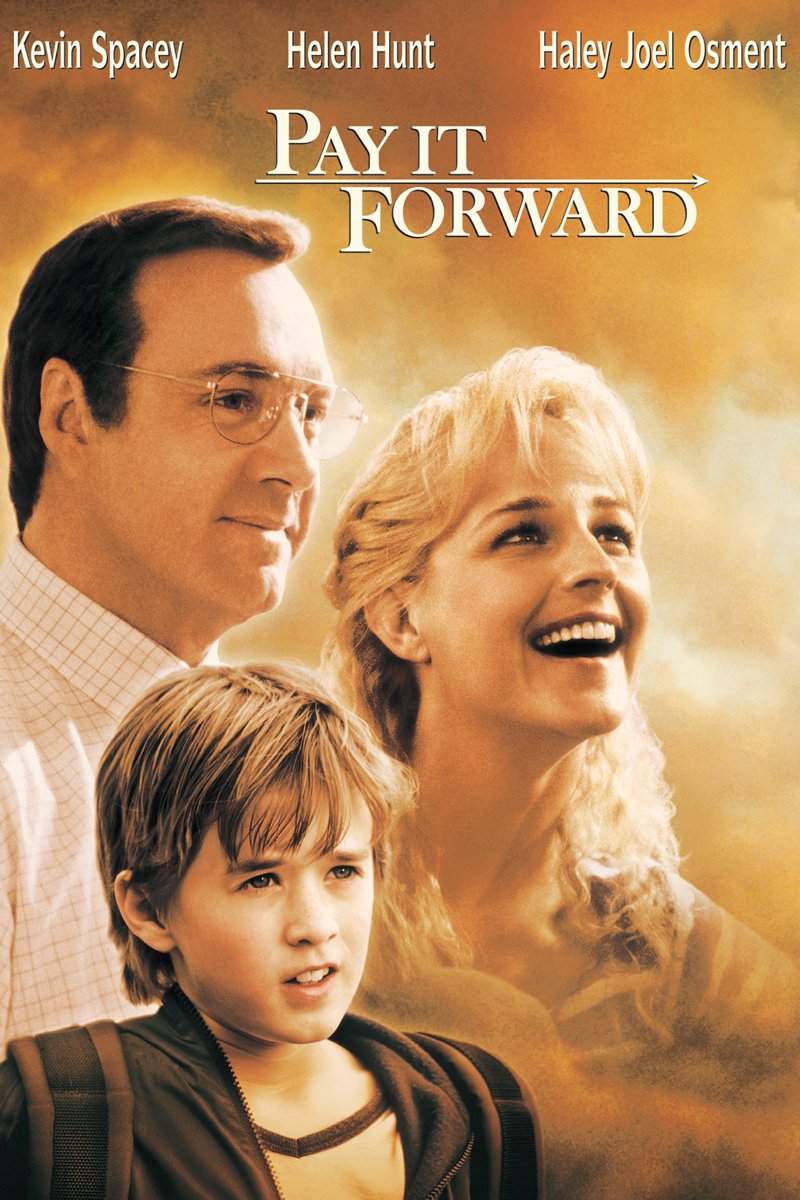Movie watching should not cause our brains to become lackadaisical. Although it is not always bad to give our minds a rest, we should be more apt to choose films that cultivate intellectual growth. The movies suggested here are not dull documentaries, but do a great job of balancing entertainment with education by bringing up though-provoking issues in a creative fashion.
Thomas Harlander, “Ed Wood”
Tim Burton’s “Ed Wood” biopic turns the life of a failed 1950s movie director into cinema gold. This film is worth watching for the way it taps into man’s deep need for fulfillment. And the only thing, it seems, that can fill that need is relationship — a relationship that is legitimate, loving and honest. We know that this kind of relationship can only be truly experienced with God, and, sadly, “Ed Wood” doesn’t acknowledge that. What it does do, however, is show us just how life-giving genuine human relationships can be. We were, after all, created for togetherness. “Ed Wood” deals with some touchy subjects, so inevitably, you’ll come out of this film thinking. I invite you to watch it critically, evaluating its portrayal of the human condition and our fundamental need for relationship.
Anna Frost, “The Rocky Horror Picture Show”
Aside from a lingerie-clad Tim Curry, the “sweet transvestite” that understandably makes some uncomfortable, “The Rocky Horror Picture Show” is less scandalous in its message than the surrounding hype suggests. First and foremost, “Rocky Horror” is a spectacular spoof of old Hollywood horror films. Under the surface, it highlights the vainness of claiming beliefs that one allows to crumble in a moment. Brad and Janet look ridiculous as a result of their hypocritical failure to stand by their traditional values, not for the values themselves. We all should confront the hypocrisy explored, both on-screen and within ourselves. Furthermore, the conclusion of the movie condemns Dr. Frank N. Furter’s choices while Brad and Janet cast off their sexual misadventures. Instead of claiming liberation or justifying their actions, they blanch at their behavior and return to their original values. "Rocky Horror" is pertinent as we develop our thoughts and convictions surrounding morality.
Parker Munson, “Bully”
In light of some recent events, I have to recommend the documentary "Bully." Directed by Lee Hirsch, the film follows Alex, a twelve-year-old boy who is subject to his classmate's incessant bullying which is all captured on film. By blending into the fabric of the school, Hirsch was able to capture it all organically. The result is tragically beautiful, calling the country to be a voice for the voiceless and empowering the victims of bullying by exposing the psyche of bullies. Even though the film focuses on children, the main principle at hand applies to all ages and walks of life: Treat others as you would like to be treated. Regardless of your story or experience, “Bully” deserves your full attention. The film is currently available on Netflix.
Ashleigh Fox, “Pay It Forward”
Child star Haley Joel Osment plays Trevor McKinney, a young elementary student who finds himself challenged by his history teacher, Kevin Spacey, to change the world through completing a class project. Raised by his mother, Helen Hunt, who is an alcoholic stripper, Trevor longs to change his fate by coming up with a plan, titled “Pay It Forward,” which starts with him doing three good, life-altering deeds for three different people. Those three people do the same with three more people, paying forward the life-changing good deed. The movie presents issues of poverty, alcoholism and domestic violence and also shows the power of grace, mercy, healing and restoration. “Pay It Forward” is not fitting for a light-hearted movie night but is intended to initiate change in our own lives, essentially encouraging viewers to establish the practice of giving unearned grace to those in need by the act of “paying it forward.”







